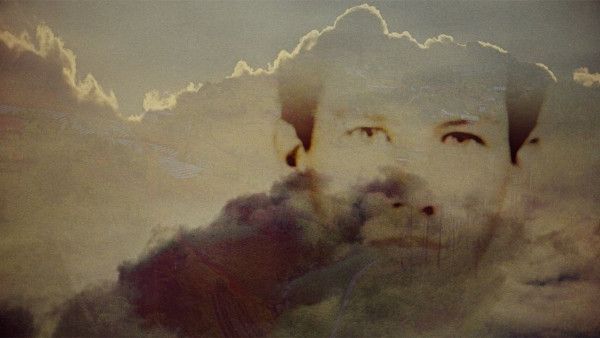Eye For Film >> Movies >> Finding Oscar (2016) Film Review
Finding Oscar
Reviewed by: Jennie Kermode

On December 6 1982, in the village of Dos Erres in El Petén, Guatemala, more than 200 people were massacred by Kaibil special forces - raped, beaten, shot or thrown alive into the well where the bodies were hidden. Years later, a repentant soldier talked to a journalist. Two boys, he said, were taken from the place alive. Through painstaking effort, she managed to track one of them down, but the whereabouts of the other, Oscar, remained a mystery.
Detailing the 15-year search for the missing boy that followed this revelation, Finding Oscar takes in the history of Guatemala's recovery from its civil war, the process of searching for the disappeared and identifying remains, and the stories of other children who were taken after their parents were killed. Director Ryan Suffern has gained incredible access to key individuals at some of the most emotional moments in their lives. Viewers should be aware that the film includes testimony from participants in the massacre, some of which is extremely harrowing - but surprisingly, there are also moments here that may make you weep with joy.

The picture presented is a complex one with a significant international dimension. Ronald Reagan's government in the US provided funding to the side responsible for the massacre, which went on to dominate post-war society, making justice impossible for many years. Partway through the film, it emerges that Oscar has become an illegal immigrant in the US, complicating the business of searching for him still further. He's not an obvious immigrant, with light coloured skin and green eyes which saved his life in the village, making him stand out from the more obviously indigenous children there; the massacre itself can be seen as part of a long tradition of violence that dates right back to the arrival of the first Europeans in South America, and there's evidence that it was considered as part of a programme of extermination.
Spanning a considerable period of time in itself, the documentary includes archive footage, interview material, observational film of key moments and illustrative footage from the locations where events unfolded, including the field where the well with the bodies was found, a place which remained dangerous to visit for decades. Its rambling tale is skillfully unfolded so that it always feels fluid but seemingly incidental moments early on end up being important at the end. It's also well balance in terms of tone, which, with subject matter this dramatic, is no small feat.
A small documentary about a distressing incident in a country that doesn't command a lot of attention on the world stage may not seem to have much natural appeal to audiences, but Suffern has put together something that has widespread relevance and, critically, the ability to connect with viewers from all backgrounds. It's a superb piece of work.
Reviewed on: 16 Nov 2016















